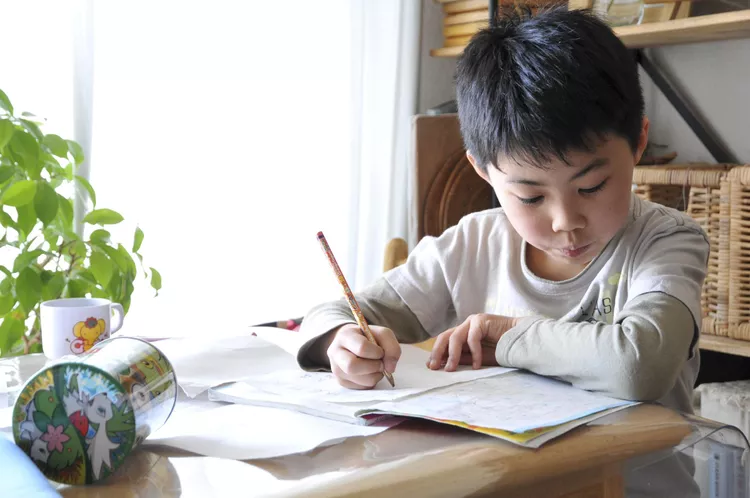When children transition to school, they enter a new world where they can make friends and develop their own social lives. However, this transition can be challenging for them as they need to learn to be well-behaved and adhere to rules and expectations. Let’s explore the reasons why children may struggle with self-control during this period and discuss approaches to help them develop better self-discipline.
- Lack of self-control:
- Experience and environment: As children grow up, they encounter various events and activities that require them to react. Their reactions, whether positive or negative, are influenced by their experiences, mental state, and self-evaluation. During their toddler years, their environment was simple, and they didn’t need to adapt or practice self-restraint. Family members may have spoiled them, always making them happy. As a result, they may have developed a lack of understanding of restraint and self-control.
- Mental state: Children, due to their age, are going through mental development, and their attention is easily distracted.
- Providing help and guidance: Based on the above analysis, we can implement corresponding solutions:
- Start with small targets: Instead of expecting a complete overhaul of a child’s behavior, it’s more effective to set small targets and objectives. Recognize and reward even the slightest changes and advancements. Understand that change is not easy and be proud of every small progress made. Be mentally prepared for the difficulties that may arise and find possible solutions. It’s important to persist in the approach chosen even when facing setbacks.
- Control leisure activities: Rather than getting annoyed or resorting to scolding when children engage in activities like playing games, approach the issue through an agreement between you and your child. Involve them in setting rules and conditions for when and how long they can engage in leisure activities. For example, establish a rule that allows them to play games for half an hour at 8:30 but only after they have finished their homework. By involving children in rule-making, they develop a sense of autonomy and are more likely to follow the rules while feeling in control.
Remember, helping children develop self-control is a gradual process that requires understanding, patience, and consistency. Celebrate and reward small achievements, encourage persistence, and involve children in decision-making to foster a sense of autonomy and responsibility. With time and support, children can develop better self-discipline and adapt to their school and social environments.
